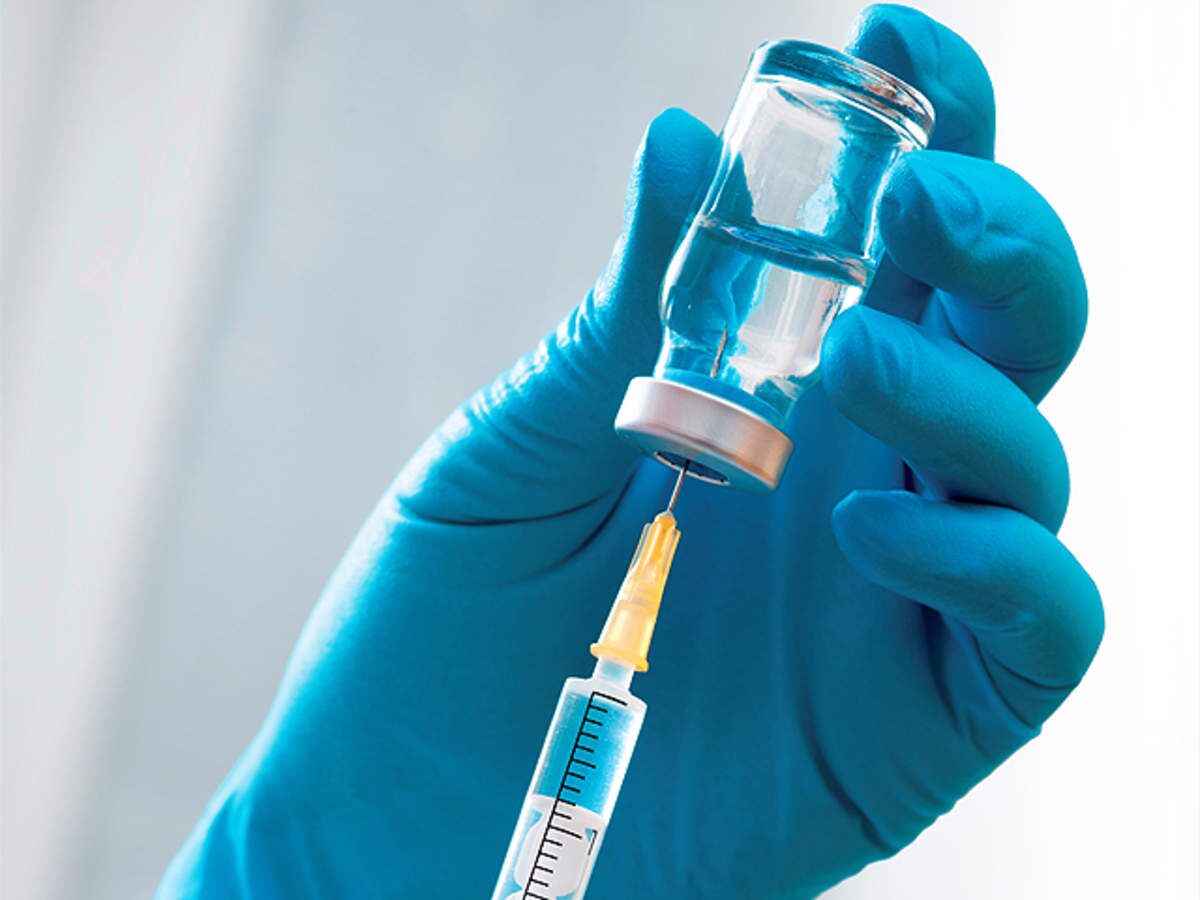A Guide to Testosterone Therapy: Types, Uses, and Benefits

In the intricate tapestry of human health, testosterone serves as a crucial thread, particularly in maintaining various bodily functions. When this delicate hormonal equilibrium is disrupted, individuals often grapple with a lot of health issues. Testosterone Replacement Therapy also known as TRT has emerged as a promising solution to address these concerns.
Stay with us as we navigate the landscape of testosterone therapy, exploring its different forms, medical applications, and the array of benefits it unfolds.
Types of Testosterone Therapy
Diverse forms of testosterone therapy cater to individual needs and preferences. Intramuscular injections, administered at intervals of 1-2 weeks, provide a controlled release of testosterone, ensuring a stable hormonal environment. Transdermal patches and gels offer a more convenient topical application, providing flexibility in treatment. For those seeking a longer-term solution, pellet implants deliver a slow, steady release of hormones, reducing the need for frequent administration.
Examining each modality sheds light on the nuanced approaches available to individuals. Intramuscular injections, often administered in a clinical setting, offer a precise dosage and the advantage of professional supervision. Transdermal options, in the form of patches or gels, provide a less invasive method, allowing individuals to apply medication at home. Pellet implants, while requiring a minor surgical procedure for insertion, offer an extended release over several months, eliminating the need for frequent applications.
These variations in administration methods underscore the importance of tailoring treatment to individual preferences and lifestyles. Intramuscular injections may be suitable for those who prefer a hands-on approach with regular clinical visits, while transdermal options may appeal to individuals seeking a more discreet and self-administered method. Pellet implants, though involving a minor procedure, provide a longer-term solution for those averse to frequent applications.
Medical Uses of Testosterone Therapy
While TRT is primarily prescribed to address hypogonadism – a condition characterized by low testosterone levels – its applications extend beyond this realm. Hypogonadism often manifests with symptoms such as:
- Fatigue;
- Decreased libido, and;
- Mood swings.
Normalizing testosterone levels through TRT effectively mitigates these symptoms and enhances overall well-being. Moreover, the medical applications of testosterone therapy are not confined to hypogonadism alone. Individuals grappling with osteoporosis, a condition marked by reduced bone density, may benefit from increased testosterone levels. Testosterone plays a crucial role in supporting bone health, contributing to enhanced bone density and reduced fracture risk.
Exploring the broader medical landscape reveals potential applications in areas such as muscle-wasting conditions, HIV-associated weight loss, and even certain forms of depression. As research advances, the spectrum of medical uses for testosterone therapy continues to expand, showcasing its versatility in addressing various health challenges.
Potential Benefits of Testosterone Therapy
The benefits of testosterone therapy encompass a broad spectrum of health improvements. Beyond alleviating the symptoms of hypogonadism, individuals often report increased muscle mass, improved energy levels, and enhanced cognitive function. Testosterone, a hormone with a multifaceted impact on the body, contributes to:
- Muscle protein synthesis;
- Energy metabolism, and;
- Cognitive processes.
Furthermore, TRT may have positive implications for cardiovascular health. Testosterone has been linked to the regulation of cholesterol levels, potentially reducing the risk of cardiovascular diseases. However, it’s crucial to note that individual responses to testosterone therapy can vary. Patience is essential, as tangible results may take time to manifest, and close monitoring by healthcare professionals is advisable.
In addition to physical benefits, testosterone therapy can have a profound impact on mental well-being. Improved mood, reduced irritability, and increased motivation are commonly reported psychological benefits. Understanding and communicating these potential benefits is crucial for individuals considering testosterone therapy, fostering realistic expectations and a positive mindset throughout the treatment journey.
Considerations for Those Contemplating Testosterone Therapy
For those considering testosterone therapy, a deliberate and informed decision-making process is paramount. Before embarking on this path, it’s crucial to weigh various factors that can influence the effectiveness and safety of such treatments. Below are key considerations to ponder, ensuring a comprehensive understanding of the journey ahead.
- Medical Consultation: Seek guidance from a qualified healthcare professional to evaluate your suitability for testosterone therapy. Discuss medical history, existing conditions, and current medications to ensure a comprehensive understanding.
- Individual Health Factors: Consider how testosterone therapy may impact pre-existing health conditions. Certain medical conditions may warrant caution or adjustment in treatment plans.
- Risk-Benefit Analysis: Understand the potential risks and benefits associated with testosterone therapy. Assess whether the benefits, such as improved energy levels or muscle mass, outweigh the potential risks for your specific health profile.
- Lifestyle Adjustments: Recognize that testosterone therapy may require lifestyle adjustments, including dietary changes and increased physical activity. Complying with these adjustments can enhance the effectiveness of the treatment.
- Regular Monitoring: Commit to regular medical check-ups and hormonal level monitoring throughout the treatment. This guarantees the swift identification and resolution of any negative effects or variations in hormone levels.
- Potential Side Effects: Be aware of possible side effects, such as changes in mood, acne, or sleep disturbances. Understanding and preparing for these potential side effects can contribute to a smoother adjustment period.
- Long-Term Commitment: Testosterone therapy often involves a long-term commitment. Consider whether you are prepared for the ongoing nature of the treatment and the lifestyle adjustments it may require.
- Alternative Therapies: Explore alternative therapies or lifestyle changes that may address concerns without resorting to testosterone therapy. In some cases, adjustments in diet, exercise, or stress management may be viable options.
Remember, the decision to undergo testosterone therapy should be well-informed, personalized, and made in consultation with a healthcare professional.
The Importance of Professional Guidance
Embarking on a journey with testosterone therapy requires thoughtful consideration and, most importantly, consultation with healthcare professionals. Seeking guidance from experts in the MPMD TRT clinic ensures that individuals receive personalized treatment plans tailored to their unique health needs. Thorough assessments, including hormone level testing, allow professionals to determine the most suitable type and dosage of testosterone therapy.
This personalized approach not only enhances the effectiveness of treatment but also minimizes potential risks. Professionals at specialized clinics emphasize the importance of a holistic approach to healthcare. Beyond addressing hormonal imbalances, they consider factors such as lifestyle, diet, and overall health, aiming for comprehensive well-being.
The decision to undergo testosterone therapy should be informed by a thorough understanding of individual health profiles, potential risks, and realistic expectations. Consulting with healthcare professionals is not only advisable but crucial in navigating the complexities of hormonal treatments.
Professional guidance extends beyond the initial phases of treatment, emphasizing the importance of ongoing monitoring and communication. Regular check-ups, hormone level assessments, and discussions about any emerging concerns contribute to a dynamic treatment plan that evolves with the individual’s changing health needs.
Final Thoughts
Ultimately, testosterone therapy stands as a valuable and versatile option for individuals contending with testosterone-related health issues. Understanding the diverse types of therapy available, recognizing its broad medical uses, and appreciating the potential benefits empower individuals to make informed decisions about their health. The key lies in approaching testosterone therapy with caution and under the guidance of experienced professionals to optimize positive outcomes while minimizing potential risks. A well-informed journey through testosterone therapy can lead to improved quality of life, enhanced overall well-being, and a renewed sense of vitality.
Read Also : A Guide to Testosterone Therapy: Types, Uses, and Benefits




